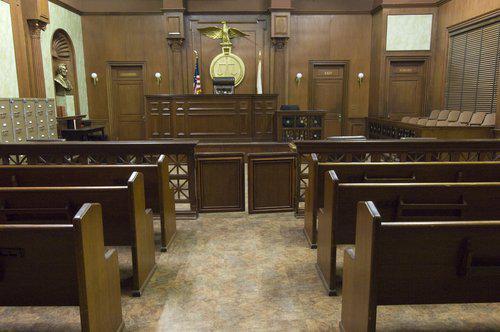Wisconsin Court Clarifies New Self-Defense Rule
 One of the murkiest areas of criminal law is that of self-defense. American law has long recognized the right of people to protect themselves from attackers in certain circumstances, but at the same time courts have been afraid of extending that right too far, citing concerns about vigilante justice and unnecessary violence. Three years ago, the Wisconsin state legislature passed the 2011 Wisconsin Act 94, which laid out the rights of a person to defend themselves in their home, office, or car, a law commonly referred to as the “Castle Doctrine.” However, the defendant in a recent case discovered that when a person pushes that right too far, criminal charges can often result.
One of the murkiest areas of criminal law is that of self-defense. American law has long recognized the right of people to protect themselves from attackers in certain circumstances, but at the same time courts have been afraid of extending that right too far, citing concerns about vigilante justice and unnecessary violence. Three years ago, the Wisconsin state legislature passed the 2011 Wisconsin Act 94, which laid out the rights of a person to defend themselves in their home, office, or car, a law commonly referred to as the “Castle Doctrine.” However, the defendant in a recent case discovered that when a person pushes that right too far, criminal charges can often result.
Self-Defense and the Castle Doctrine
Self-defense is an affirmative defense that a person accused of a violent crime can bring, arguing that their use of force was justified because they were defending themselves. Wisconsin law allows deadly force in self-defense in the limited circumstances where the person defending themselves “reasonably believes that such force is necessary to prevent imminent death or great bodily harm” to their person. Importantly, some states impose a duty to retreat from a conflict, but Wisconsin is not among them. However, Wisconsin does allow juries to consider whether a defendant could have retreated in determining whether the use of deadly force was “necessary.”
The Castle Doctrine is a special change to that rule that applies when a person is in their home, car, or place of business, and someone either has forcefully entered their home or is in the process of doing so.
The Case at Hand
A court recently clarified this new rule in a recent case. A man was in his home when his ex-girlfriend's new boyfriend and another man broke in. They began beating the man, breaking his nose and several ribs. While they were in his house, the man shot both of the intruders in the legs. The intruders fled, and the man kept shooting from his doorway as they ran down the street. The court found that the Castle Doctrine did not protect the man from criminal charges in relation to the shots fired once his assailants had left the house. After the attackers are no longer on the property, the doctrine does not apply. The court found the man guilty of second-degree reckless endangerment for firing the shots at the two fleeing men.
If you or one of your loved ones is currently facing criminal charges, get help from an experienced Milwaukee criminal defense attorney today. Our firm's experienced professionals are here to make sure that your side of the story is fully represented in court.






